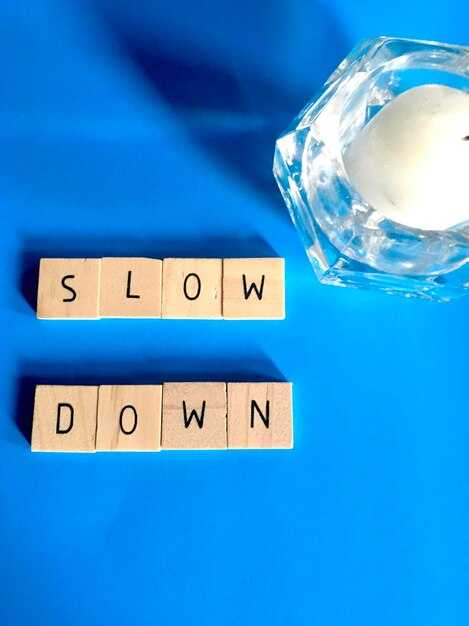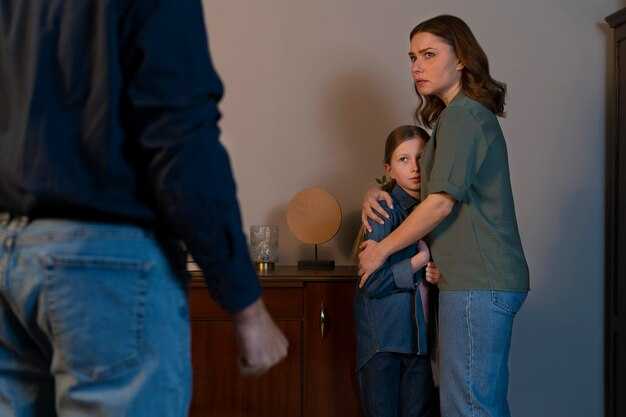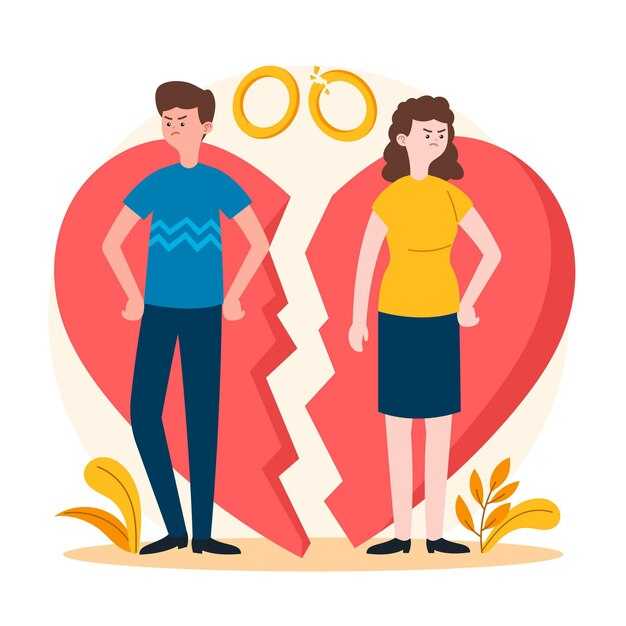What runs through the mind of an avoidant ex when your silence lasts far beyond what they anticipated? Let’s explore that — honestly, without sweetening it or excusing their coldness by calling it “independence.” Not the softened version that pretends they didn’t wound you. Let’s look at the moment your quiet becomes louder than your hurt. Because here’s something most people won’t tell you: an avoidant partner rarely loses composure when you cry, beg, or declare, “I can’t do this anymore.” They have seen those scenes before and weathered them. What unsettles them is something different: your silence. They aren’t ready for the day you stop justifying yourself, the hour you stop waiting, the moment their name no longer reverberates in your inbox or in the chambers of your heart.
An avoidant doesn’t miss you straight away. Their first response is usually relief — a sense of breathing room, the pressure lifted. They tell themselves this space was necessary, that you were too intense, too needy, too full of feeling. But the truth is simpler and sharper: you stopped carrying the burden they wouldn’t. You ceased being the one who always returned. You stopped performing love as though it were a solo act. That absence — not anger, not tears — is what unsettles them. Loss for someone avoidant doesn’t arrive like a storm; it rises like the tide, slowly and inevitably. Initially, they feel liberated. After a while, things feel off. They sense a change in the atmosphere but can’t put a name to it. They scroll through their phone seeking any distraction to fill the void, and when your name surfaces, it no longer comes with certainty — it comes with questions. Did she truly let go? Is this really the end? The more they dwell on it, the more uncomfortable they grow, because what they feared wasn’t losing the relationship itself but losing control over it.
When your silence outlasts their expectations, you strip away more than your words: you remove their familiar safety net. For the first time in a long time, the map they relied on is gone. You’re not standing where you used to be, holding the door ajar; you’re walking away. Their first sensation isn’t longing — it’s the dawning recognition that you have changed, and they aren’t ready for that. At first, they savor the quiet, telling themselves, “Finally, I can breathe.” They rationalize that closeness was dangerous, vulnerability a threat, intimacy a burden. For a while they believe distance equals relief because that’s how avoidance has trained them to think. So when you stop calling, stop chasing, stop leaning in, they feel victorious rather than bereaved. That manufactured freedom, however, rests on fear — a fear of being known — and fear is a poor foundation for lasting peace.
The shift happens subtly. A night of fitful sleep. A song on the radio that cuts deeper than it should. A scent that starts a memory. Or sometimes nothing at all — and that blankness makes them feel strange. The quiet they once welcomed begins to echo, and instead of being filled with relief it becomes full of you. They had a predictable rhythm: they withdrew, you pursued; they forgot the pattern could be broken because you always filled the gaps before. This time the gap remains. They expected you to send the “just checking in” text, to leave the door cracked in case they decided to return. When you don’t, discomfort replaces complacency.
Avoidant people feel secure when they can forecast your moves, when the emotional terrain is mapped and predictable. For months — maybe years — you offered that predictability. You were steady and present until you weren’t. With the pattern fractured, they lose the illusion of control that allowed them to avoid change. What they truly fear isn’t someone else having you; it’s no longer owning your attention. Control made intimacy feel safe; without it, intimacy equals risk. Now that you’ve halted the cycle, their usual strategies fail. They’re faced with a dilemma: reach out and risk rejection, or remain silent and possibly lose you for good. Your quiet forces them into a place where avoidance doesn’t shield them.
In that space, something else takes shape: you aren’t breaking down or begging — you’re healing, quietly but profoundly, apart from them. And that reality hits them hard. Not just your absence, but the weight of what they pushed away and the unsettling thought that maybe you were the steady one all along. When you truly stop chasing — not pretending to withdraw, not stalling with half-measures, but a genuinely grounded, exhausted stop — it destabilizes them. This is not a romantic epiphany on their part; it’s plain fear, unnamed because they rarely have to sit with it for so long. Avoidant people rely on routines; emotional uncertainty unsettles them. Your long messages, your check-ins, your efforts were part of that routine. They pulled away; you moved forward; they shut down; you explained more; they asked for space; you waited with hope. Then you stopped showing up. The cycle crumbled. Suddenly they can’t predict you and they hate that. Not because their heart aches like yours once did, but because their control over the outcome is gone.
Avoidance chases emotional safety, not intimacy itself. As long as you kept returning, they felt the rules stayed the same. Now you’re out of the game and they’re the ones refreshing the screen, second-guessing their role for the first time. The truth is, they don’t immediately miss you so much as they miss how you made them feel — reassured, buoyed, covered by your emotional labor. Without that cushion, they’re left with the echo of their choices. Avoidance often becomes part of a person’s identity; they regulate closeness through distance. When the person they depended on mirrors that distance, the avoidant’s nervous system loses traction. Habits fray, assumptions fall apart, and all they can do is wonder, because what they expected — your return, the late-night “I miss you,” the breadcrumbed access — isn’t there. The space you once filled with forgiveness and one-sided effort is now empty, and they don’t know how to inhabit it.
They spiral inside, privately. Outwardly they may double down on coldness, perform greater composure, act more in control, but beneath that mask they know something fundamental shifted. Their worst fear emerges: that you finally see them clearly — not as someone needing love, but as someone who doesn’t know how to hold it. And the woman who once chased is moving in another direction, not to punish, not to provoke a reaction, but because she refuses to beg for what she deserves. Regret creeps in like a whisper at first: a stray image, a forgotten text string, a song you once shared. That whisper grows louder as the silence continues because the world’s noise no longer drowns out the memory of what they relied on you to be. You gave them space to be comfortable; you carried the emotional labor; you were the one insisting on conversations; you were the one hoping they’d try. Now you’re not. There’s no mirror, no cushion, and the solitude forces self-awareness.
That awakening intensifies the shame. They begin to see how they shut you out and mislabeled your closeness as pressure. They realize you weren’t asking for perfection, only participation — for them to show up as themselves, honestly, with effort. Their fear, not your worthiness, prevented that. Now they confront every moment they could have said, “I’m scared — I need help,” but chose instead to flee. You didn’t leave in anger or slam the door; you left by changing your presence, by withdrawing the emotional labor that kept them comfortable. That subtle departure wounds them more than drama ever could because it exposes everything they refused to face.
Panic follows, not the loud, performative kind they show the world, but an internal storm: pacing at midnight, hovering over your profile, rereading old messages, flooded with memories and guilt. They realize you’re not the same person who always answered the knock. You have evolved in silence — stronger, clearer, calmer — and that terrifies them. The possibility that they cannot slip back into the old role without real change paralyzes them. To return now, they would need to do what avoidance hates: take responsibility, face their avoidance, risk vulnerability and possible rejection. Avoidant people aren’t wired for that kind of emotional risk, so they stall. They type, delete, rehearse conversations that always end with the same truth: they’re too late.
Every hour of your continued quiet adds weight to their chest while you continue to heal and reclaim the space they once occupied. Even if they mask it with busyness, social distractions, or pride, underneath is a growing panic: What if I can’t get her back? What if she doesn’t want me? What if the bridge is burned? That fear keeps them stuck. It forces them to reckon with the cost of their comfort — that pulling away might cost them everything. Whether they reach out or not, whether they say the words they think you want to hear, you are not the same person who once pleaded for scraps of attention. You became someone who no longer needs to be waited on. Their panic may sound loud to them, but your peace resonates louder.
Let this be clear: your silence is not absence in the sense of weakness or cruelty. It is power. It is protection. It is clarity and calm. You did not withdraw to wound them; you withdrew to listen to yourself again. For too long your voice was smothered by trying to be enough, by explaining, by fixing what was never yours to fix. In this stillness you stopped performing, stopped pleading, stopped waiting for love you had to fight for. That quiet returned to you your needs, your values, your voice, your self-respect. It’s not passive — it’s strong, deliberate, sacred. When someone who is avoidant pushes you away long enough and you finally stop running after them, they are forced to feel the burden you carried for both of you. Whether they learn from that or not is no longer your responsibility. You showed up. You tried. You held on longer than you should have. Now you let go, not with fury but with wisdom.
You stop fracturing yourself to make others comfortable. You stop mistaking emotional unavailability for intriguing distance. You stop measuring your worth by someone else’s inability to receive love. Their silence was not a display of strength; it was an expression of fear. Your silence is not retreat — it’s a return: to yourself, to your center, to the truth you always knew but were too weary to trust. Love shouldn’t feel like a chase. A true partnership won’t require you to vanish in order to be chosen. As you sit in this stillness, let it fill you. Let it remind you that your worth was never measured by how hard you tried but by how deeply you loved and how courageously you are now healing. You don’t need their closure, their apology, or even their message to know the truth: you were always enough. You simply gave everything to someone who didn’t know how to receive it. This silence is not an ending — it is a beginning, and it belongs to you.


 What Happens to Avoidants When You Stay Silent Longer Than They Expected | Mel Robbins motivational">
What Happens to Avoidants When You Stay Silent Longer Than They Expected | Mel Robbins motivational">

 Il perdono non salverà una Relazione">
Il perdono non salverà una Relazione">
 Una cultura dell'apprezzamento è essenziale nelle tue relazioni">
Una cultura dell'apprezzamento è essenziale nelle tue relazioni">
 Il tuo corpo ti sta avvertendo! — Il VERO motivo per cui ti senti così sopraffatto">
Il tuo corpo ti sta avvertendo! — Il VERO motivo per cui ti senti così sopraffatto">
 Come Impedire ai Genitori Narcisisti di Controllare la Tua Vita">
Come Impedire ai Genitori Narcisisti di Controllare la Tua Vita">

 How to tell if your Marriage will Fail.">
How to tell if your Marriage will Fail.">
 Quando un Evitante si comporta IN QUESTO modo, sono veramente fedeli sul serio">
Quando un Evitante si comporta IN QUESTO modo, sono veramente fedeli sul serio">
 What to Do When You Feel Like Running Away">
What to Do When You Feel Like Running Away">
 12 Segni Super Specifici Che La Tua Infanzia Era Estremamente Dannosa">
12 Segni Super Specifici Che La Tua Infanzia Era Estremamente Dannosa">
 Come comunicare senza farli sentire attaccati!">
Come comunicare senza farli sentire attaccati!">